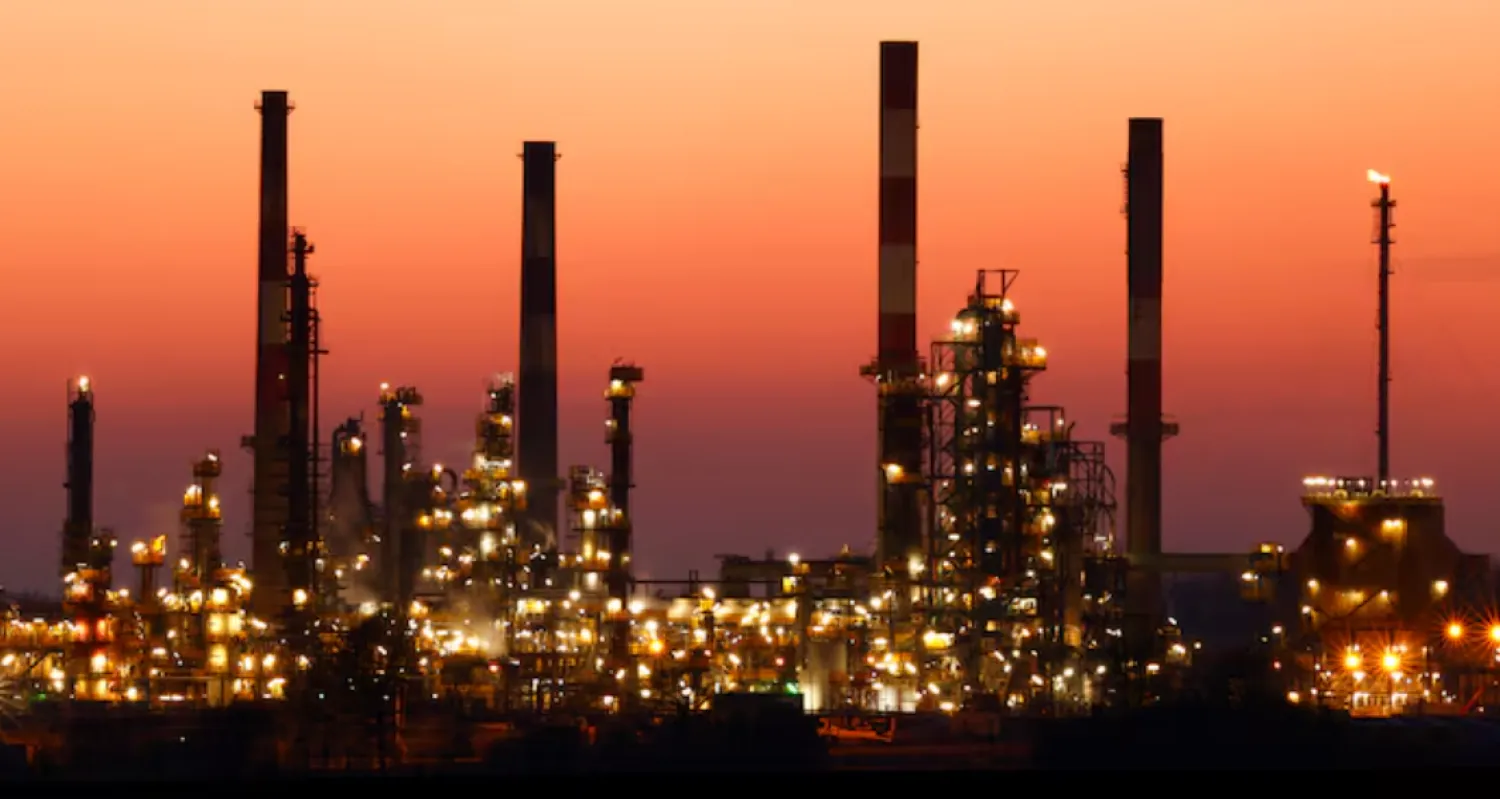Analysts said that the large losses recorded by oil companies listed on the Saudi Stock Exchange (Tadawul) were due to the slowdown in the global economy, which caused a decline in demand for petrochemical products.
Petrochemical companies listed on Tadawul registered a combined net loss of around SAR 5.2 billion ($1.4 billion) in 2023, compared to profits that amounted to SAR 29.8 billion in 2022.
Among the 12 oil companies listed on Tadawul, five companies achieved a net profit, namely: SABIC Agri-Nutrients, Tasnee, Saudi Group, Sipchem, and Advanced, albeit with a decline compared to the previous year.
SABIC recorded the highest loss among the companies in the sector, amounting to SAR 2.77 billion, compared to profits of SAR 16.53 billion during the previous year. The company attributed these figures to non-cash losses as a result of the Public Investment Fund’s acquisition of SABIC’s entire stake in the Saudi Iron and Steel Company (Hadeed).
Saudi Kayan came in second place in terms of the highest losses, which amounted to SAR 2.14 billion in 2023, compared to SAR 1.24 billion in 2022.
The company explained that its losses were mainly due to the decrease in the average selling prices of the products, as well as in the quantities produced and sold, pointing to the shutdown of some production units to perform scheduled periodic maintenance.
On the other hand, SABIC Agri-Nutrients topped the list of companies that achieved the highest profits, despite a decline of about 64 percent compared to the previous year. The company registered net profits amounting to SAR 3.66 billion in 2023, compared to SAR 10.04 billion in 2022.
In remarks to Asharq Al-Awsat, financial markets analyst Abdullah Al-Kathiri linked the oil companies’ losses to global conditions, mainly the economic slowdown worldwide, especially in China, which caused a decline in demand for petrochemical products.
For his part, financial advisor at Arab Trader Mohammed Al-Maymouni noted that despite the sharp decline in the profitability of companies, this will provide an investment opportunity in the next two quarters in conjunction with the improvement in oil prices and their upward trend above $80.









